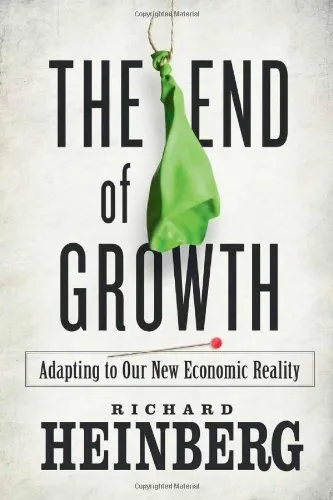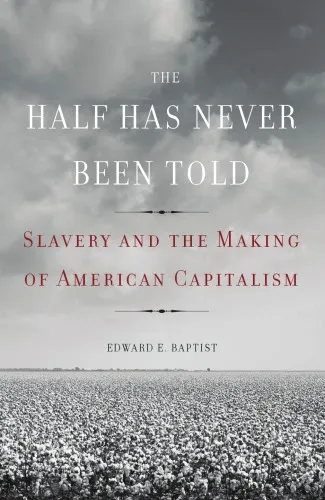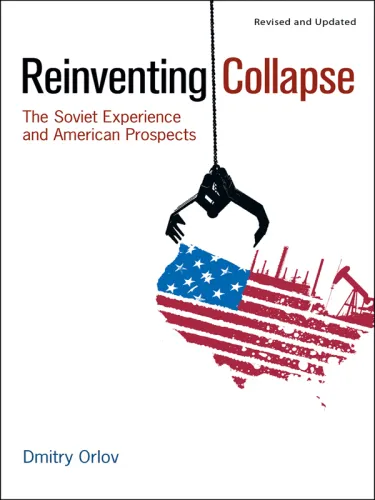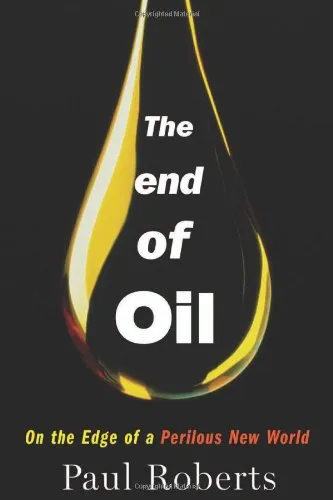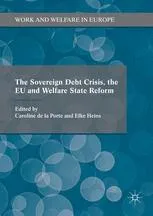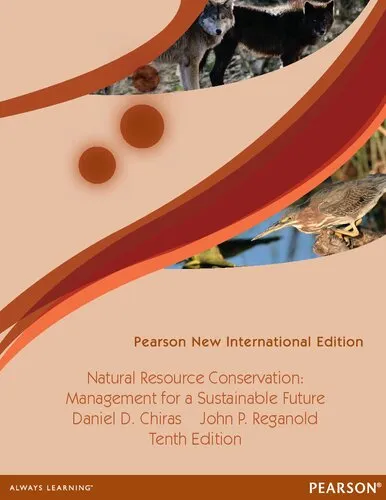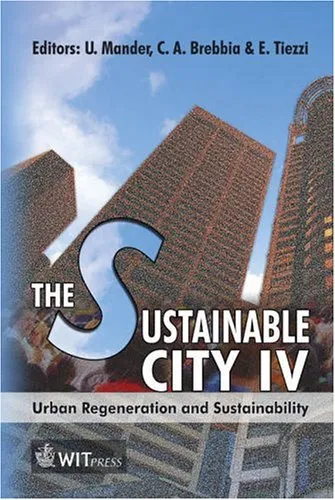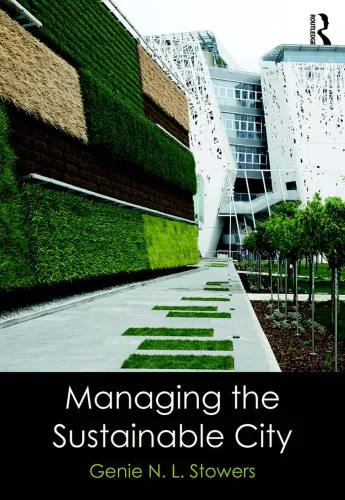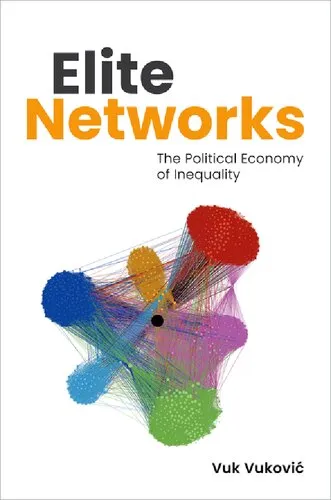The End of Growth: Adapting to Our New Economic Reality
4.5
Reviews from our users

You Can Ask your questions from this book's AI after Login
Each download or ask from book AI costs 2 points. To earn more free points, please visit the Points Guide Page and complete some valuable actions.Related Refrences:
Introduction to 'The End of Growth: Adapting to Our New Economic Reality'
Summary of the Book
"The End of Growth: Adapting to Our New Economic Reality" propels us into a new paradigm where infinite growth is no longer viable. Heinberg meticulously outlines how a century-long growth trajectory, fueled by abundant resources and technological advancements, faces insurmountable constraints. He posits that as the era of cheap oil wanes, the global economy is being stifled by ecological limitations, rising debt levels, and a myriad of geopolitical instabilities.
Within this book, Heinberg synthesizes economic, environmental, and social data to argue that humanity stands at the precipice of a tectonic shift. He articulates that pursuing perpetual economic expansion in the face of finite planetary resources is not only unsustainable but also potentially catastrophic. Heinberg suggests that our willingness to adapt to a new economic reality, emphasizing sustainable practices, resilience, and local economies, will determine our ability to thrive in the future.
Key Takeaways
- Economic growth, as historically understood, is reaching its limits due to exhausted natural resources and ecological boundaries.
- Financial systems based on debt expansion are unsustainable in the long term.
- Transitioning to a sustainable economy requires innovative thinking and significant shifts in policy and cultural attitudes toward consumption and resource use.
- Resilience and local economic diversification are essential strategies for communities and nations facing these challenges.
Famous Quotes from the Book
Heinberg’s insights are strewn with impactful statements that encapsulate his vision:
"We have passed the stage where piecemeal reforms can save the system. Fundamental change is necessary—and it must happen quickly."
"The end of growth does not have to be the end of progress."
"We stand, in other words, at a crossroads, the decisions we make now are crucial, and the stakes could not be higher."
Why This Book Matters
"The End of Growth" is a seminal work that resonates with relevance in today's uncertain economic climate. As nations grapple with the implications of climate instability, resource depletion, and financial volatility, Heinberg's prescient narrative emphasizes the urgency for systemic change. The book is not merely a diagnosis of contemporary problems; it is a call to action, encouraging societies to pioneer innovative approaches toward sustainability and equity.
Heinberg's work serves as a crucial resource for policymakers, environmentalists, economists, and anyone invested in the sustainable future of our planet. By challenging outdated paradigms of economic growth, it lays the groundwork for dialogue and action necessary to forge a resilient and equitable global community.
Free Direct Download
You Can Download this book after Login
Accessing books through legal platforms and public libraries not only supports the rights of authors and publishers but also contributes to the sustainability of reading culture. Before downloading, please take a moment to consider these options.
Find this book on other platforms:
WorldCat helps you find books in libraries worldwide.
See ratings, reviews, and discussions on Goodreads.
Find and buy rare or used books on AbeBooks.
1387
بازدید4.5
امتیاز0
نظر98%
رضایتReviews:
4.5
Based on 0 users review
Questions & Answers
Ask questions about this book or help others by answering
No questions yet. Be the first to ask!
